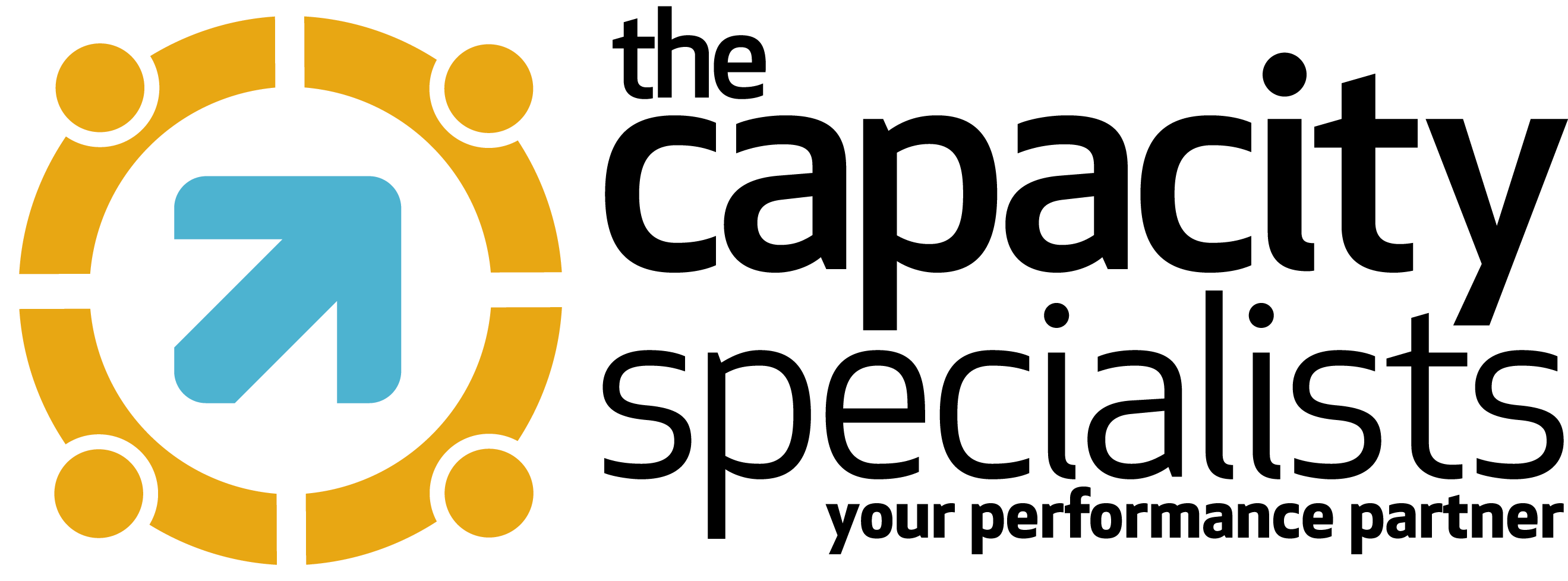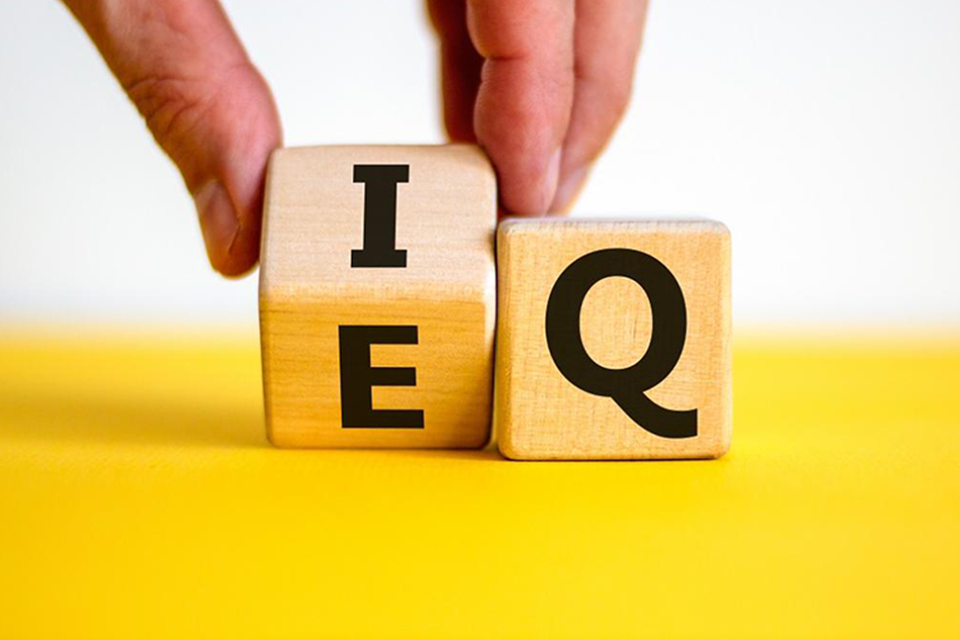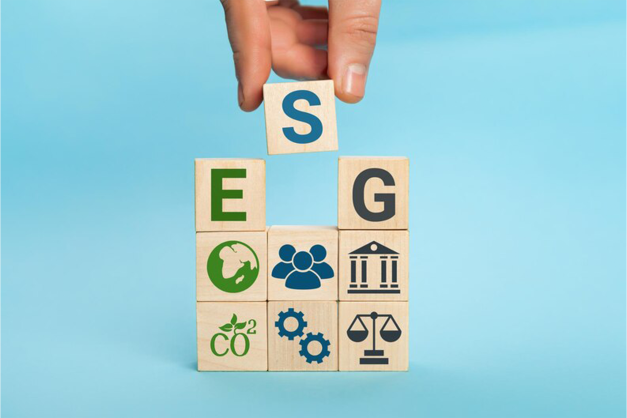Emotional Intelligence – Use It To Boost Leadership Performance
Are you a business owner or HR executive who wishes to use soft skills like emotional intelligence to boost leadership performance?
Recent research by Gartner[1] cited leader & manager effectiveness as the number one priority for HR across the world in 2023 and beyond. Delving into the reasons why this claim is made, the consensus is that there is a trend in the workplace towards a more “human-to-human” dynamic as opposed to a “leader-to-employee” arrangement. This will require a more sophisticated, nuanced mindset and behaviours from our leaders and managers in the future.
What does this mean for learning & development teams in Cambodia and across the region? Let’s explore why emotional intelligence is crucial for leaders looking to enhance their performance.
Soft Skills and The Workplace
The development of soft skills has been a focus for many organisations over recent years, with learning interventions often aimed at leaders and managers who play a crucial role in driving performance improvement. However, these soft skills interventions often miss the mark in terms of what’s really needed to boost performance in individuals and teams. It is important to first acknowledge the soft skills your employees need help with before moving forward with a development plan. Only then will your interventions be successful.
Emotional Intelligence As A Leadership Tool
Emotional intelligence (EQ) is “a person’s ability to manage his feelings so that those feelings are expressed appropriately and effectively”[2]. EQ also encompasses the ability to influence the attitudes, behaviours, and emotions of others. Here lies the key to effective leadership and management that the Garner research talks about – building and nurturing human-to-human relationships.
Emotional Intelligence as a development tool has been around for decades. It was first used as a phrase by Peter Salovey and John D Mayer in 1990. Made popular by Daniel Goleman in his book ‘Emotional Intelligence, Why it can matter more than IQ’, research in EQ has been used to help people to understand and adapt behaviour in all walks of life, including the world of work. The benefits of adopting and developing EQ lens within a business have been many.
Notable Success of Emotional Intelligence in The Corporate World:
- PepsiCo[3] – In a pilot study for the impact of EQ on performance, executives identified as having higher EQ competencies generated 10% more productivity and experienced an 87% decrease in turnover, adding $3.75 million in economic value to the bottom line.
- A study of 236 leaders in organisations conducted by the Center for Creative Leadership[4] found that at least 55% of overall successful leadership is based on emotional intelligence factors.
- A 2002 study[5] of 224 middle managers for a major UK retailer, Tesco, revealed a significantly high correlation between EQ and overall managerial performance as well as uncovered that those with higher EQ scores experienced less stress and enjoyed their work more.
The 5 Pillars of Emotional Intelligence
We have 5 pillars that we build on when we use emotional intelligence as a framework to shape leadership and management development. These are:
- Self–awareness
- Self–regulation
- Motivation
- Empathy
- Relationship management/Social Skills
Most of these elements are usually covered by soft skills training and programs, but they often miss out on the key starting piece – self-awareness.
Self-Awareness Is the Start Of Emotional Intelligence
Without a true understanding of self, a person cannot begin to master the other elements of emotional intelligence.
Why is it so important for leaders to develop self-awareness?
The CEO of Warby Parker, Neil Blumenthal said, “A workplace that encourages self-awareness is an environment where the most productive, curious and innovative people thrive.”
Developing self-awareness in leadership helps individuals to understand their character and motivations. It also helps them to become aware of their behaviours and recognise how these things impact their ability to lead.
Recruitment specialist Indeed[6] tells us that “Developing self-awareness as a leader improves not just individual performance but also organisational performance. Self-aware leaders carry a vast amount of insight and trustworthiness, which provides them with crucial abilities for success.”
Leaders who are self-aware tend to be better at prioritising, making better decisions and communicating more effectively. This deep understanding of self allows them to receive and act on feedback in a positive manner. They recognise their part in creating effective interactions with others and are more likely to use coaching interventions to manage and develop others.
Now we’re clear about what’s needed to effectively develop our leaders and managers – how do we do it? Developing self-awareness is not easy, and it requires a range of elements to be in place for true development to happen.
It is important to understand that developing self-awareness and wider EQ doesn’t happen overnight. It can’t be achieved just by reading a book or attending a training. It is a continuous learning experience that requires application in everyday living.
People develop true self-awareness through life experiences, stories, and learnings. From these, we gain knowledge and understanding that help us to build our self-awareness. The saying, ‘lifelong learning’ is one that can be applied to the subject of self-awareness – there are always lessons to be learned no matter our age or stage in our career.
How To Foster Self-Awareness & Emotional Intelligence in Yourself?
There are resources available such as books, TedTalks and LinkedIn Learning lessons that help leaders to understand self-awareness and to apply it to their roles. I have a list of go-to authors and speakers and regularly signpost the leaders that I work with towards their materials when I think it can help.
But watching the video or reading the book is only part of the process. The key to developing self-awareness as a leader is true engagement with the material.
When I talk about ‘engagement with’, I’m talking about the real key to developing self-awareness and that is self-reflection.
Confucius told us: by three methods we may learn wisdom: First, by reflection, which is noblest; second, by imitation, which is easiest; and third by experience, which is the bitterest.
I would argue that as well as reflection being the noblest method, regular self-reflection has the power to influence both our internal and external worlds and is the key that unlocks the ability to effectively engage in both imitation and experience.
Applying Emotional Intelligence To Your Leadership Role
Self-reflection is the key to developing self-awareness;
which in itself is the key to developing emotional intelligence;
which is the key to developing human-to-human workplace dynamics;
which is the key to leader and manager effectiveness.
We have a question that as learning and performance professionals, we need to answer, which is…
How do we support our leaders and managers to develop their skills of self-reflection?
The answer at its simplest is that we create opportunities and space for self-reflection to occur. We can do this through the provision of question prompts, either individually fed into conversations (written or otherwise) or by including them as part of a leadership development journal.
However, Stanford professors Geoffrey Cohen and David Sherman[7] advise that engaging in any self-development alone leaves individuals at risk of engaging in self-affirmation theory. This is the theory that, as humans, we are naturally inclined towards maintaining positive self-perceptions and leading us to minimise our shortcomings.
When we are engaged in self-reflection, we need to be able to meet our successes head on, but also acknowledge our shortcomings in the same way. Cohen & Sherman’s research tells us that doing it alone is not the way to go.
We need to create spaces and communities in our organisations that allow our leaders and managers to share and explore their reflections with others. Spaces where others can challenge and ‘hold up a mirror’ to others to help them reflect more deeply, to help avoid the ego trap and falling into self-affirmation.
We can do this through the implementation of a tailored peer-mentoring scheme, creating communities of practice online or in person, providing one-to-one or group coaching or making reflection practices an integral part of your wider leadership development interventions.
There are many options, but one thing is clear: we know that greater self-awareness leads to improved leader and management performance and effectiveness. We need to ensure that we are offering our leaders and managers the opportunities to effectively reflect on themselves as leaders in order to achieve this goal.
I leave you now with one question to consider:
What’s one thing that you could do today to help your leaders and managers to reflect on themselves and develop their self-awareness?
How would you like us to help? Let us know by sending a message here, sending an email to results@thecapacityspecialists.com or calling 087 484 808 or 061 722 233.
Contact us if you are ready to use emotional intelligence tools to transform your organisation.
Sara Perry is a Learning and Development & Organisational Development Specialist from the UK with more than 20 years of experience. Visit here for a full profile.
[1] Gartner 2023 HR Priorities Survey
[2] Goleman Dr D; Emotional Intelligence;
[3] UC Davis, Graduate School of Management
[4] Center for Creative Leadership, The Leadership Gap Report
[5] Mackinly Report, EQ and the bottom line
[6] https://uk.indeed.com/career-advice/career-development/self-awareness-in-leadership
[7]https://hbr.org/2017/02/why-self-improvement-should-be-a-group-activity
Related Posts
Leave a Reply Cancel reply
Categories
- Uncategorized (12)




